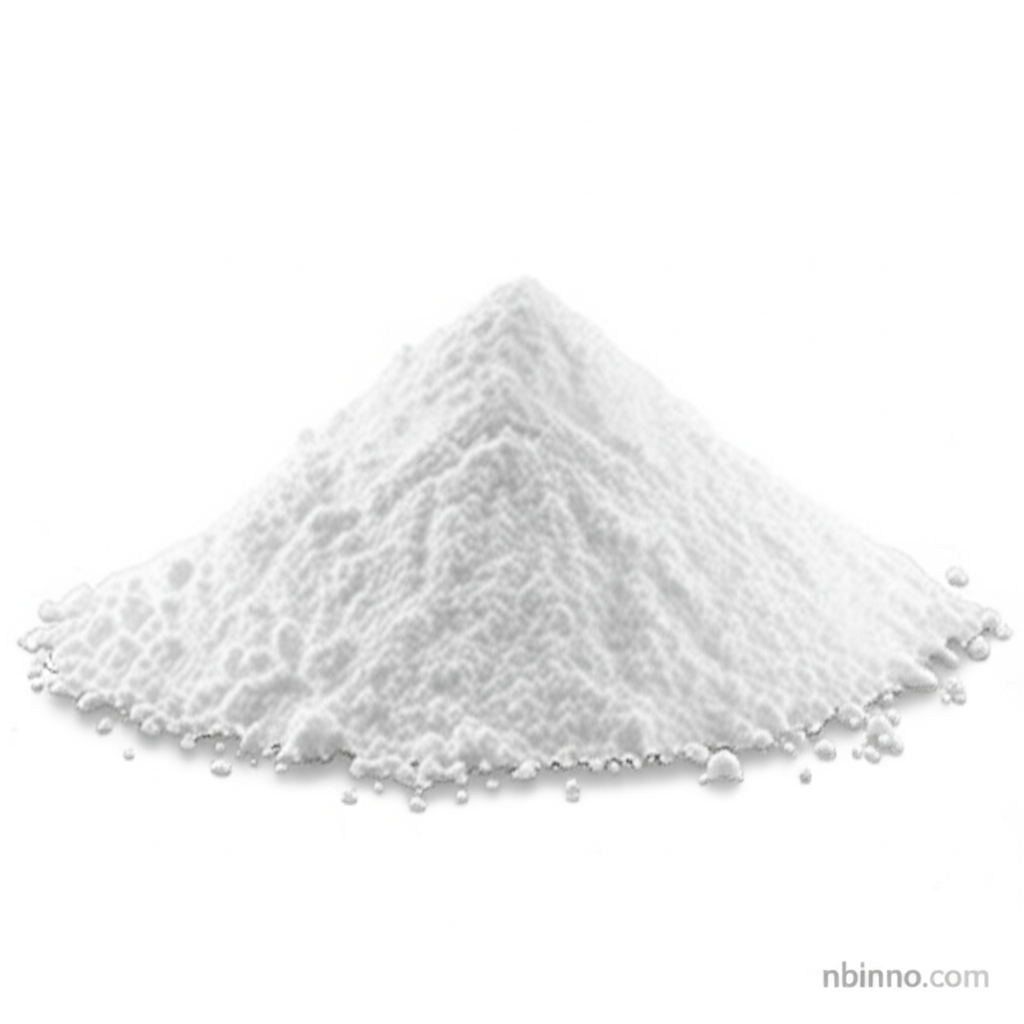Microcrystalline Cellulose: The Essential Pharmaceutical Excipient for Tablet and Capsule Formulation
Discover the versatile applications and indispensable benefits of Microcrystalline Cellulose in modern pharmaceutical manufacturing.
Get a Quote & SampleProduct Core Value

Microcrystalline Cellulose
Microcrystalline Cellulose (MCC) is a plant-derived powder extensively used in pharmaceuticals as a binder, filler, and disintegrant in tablets, ensuring they hold together during manufacturing and break apart in the body to release medication. It is also widely used in nicotine pouches.
- Explore the crucial role of microcrystalline cellulose in direct compression tablet manufacturing, a key aspect for efficient drug delivery.
- Understand how MCC's particle size impacts tablet characteristics, a vital consideration for pharmaceutical formulation scientists.
- Learn about the advantages of MCC as a binder, contributing significantly to tablet cohesion and stability in pharmaceutical formulations.
- Investigate the benefits of microcrystalline cellulose in wet granulation processes, enhancing uniform granulation and drying.
Key Advantages of Using Microcrystalline Cellulose
Superior Binding Performance
Leverage the strong binding performance of microcrystalline cellulose, making it one of the most commonly used fillers and binders for pharmaceutical tablets and capsules.
High Purity and Safety
Benefit from MCC's chemical purity, lack of taste and flavor, and FDA Generally Recognized As Safe (GRAS) status, ensuring safety for pharmaceutical and food products.
Enhanced Flowability
Utilize MCC's remarkable flowability, which aids in the smooth movement of formulations during manufacturing, essential for consistent tablet and capsule production.
Key Applications
Pharmaceutical Tablet Manufacturing
As a binder and filler, MCC is vital for creating stable and disintegrating tablets, a core application in the pharmaceutical industry for drug delivery.
Capsule Formulation
MCC serves as an effective bulking agent in capsules, providing the necessary volume for accurate dosing and consistent product quality.
Dietary Supplements
Widely used in the making of vitamin supplements, MCC ensures the integrity and effective delivery of active ingredients in oral dosage forms.
Nicotine Pouches
Microcrystalline cellulose is also recognized for its utility in the formulation of nicotine pouches, showcasing its broad application spectrum.
